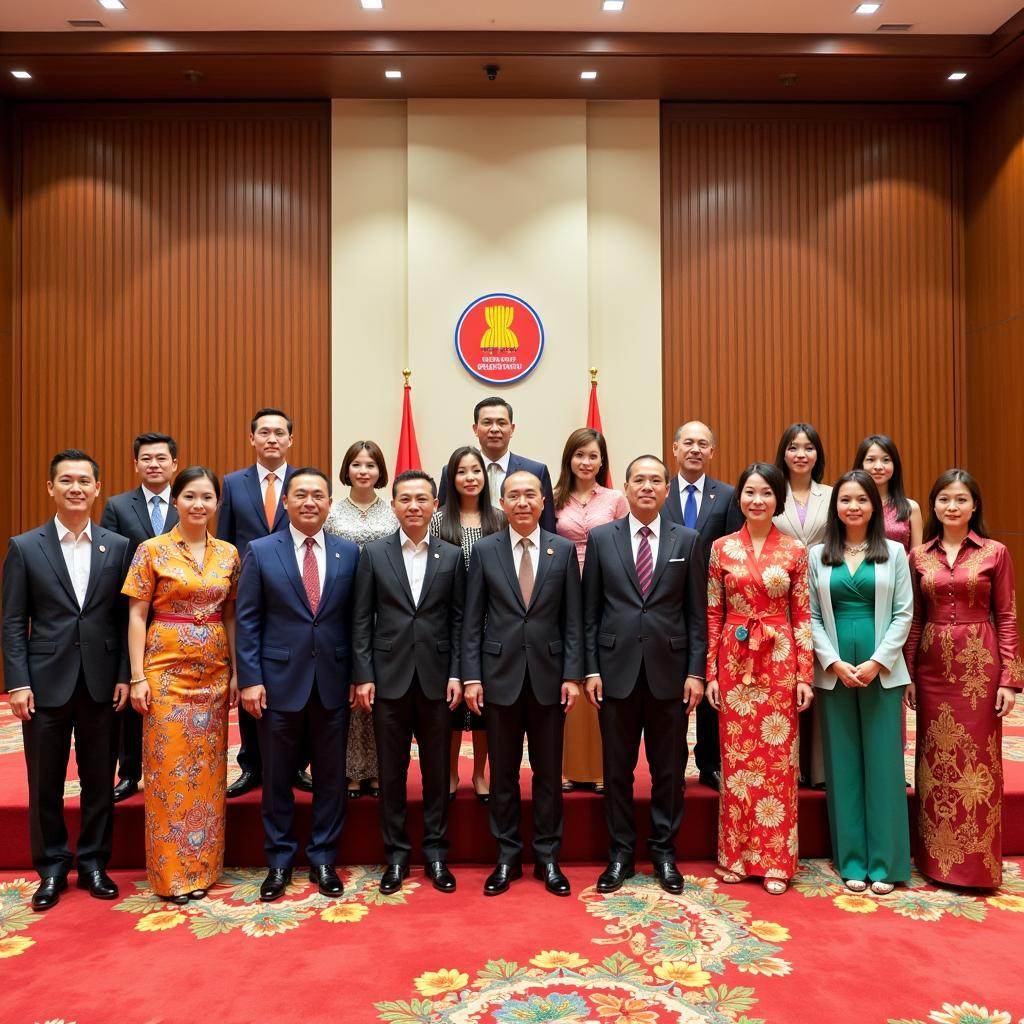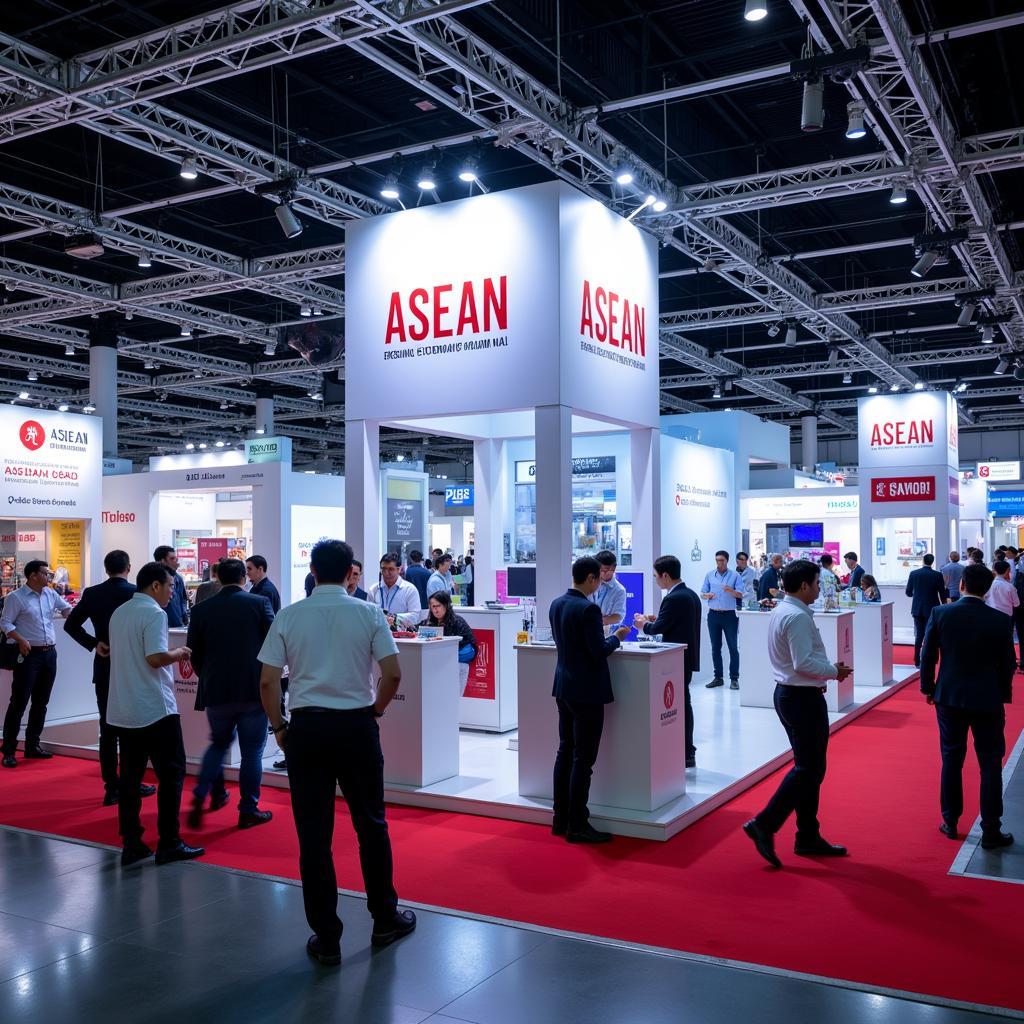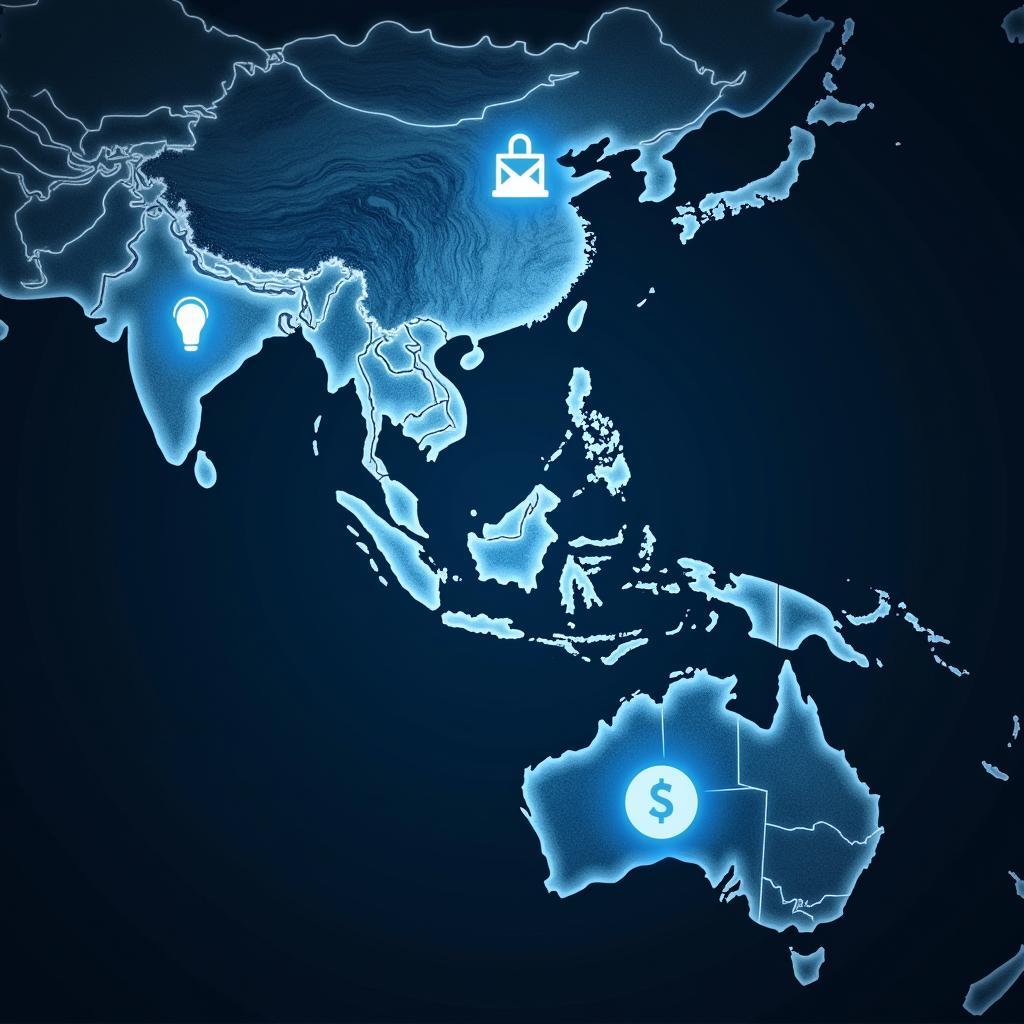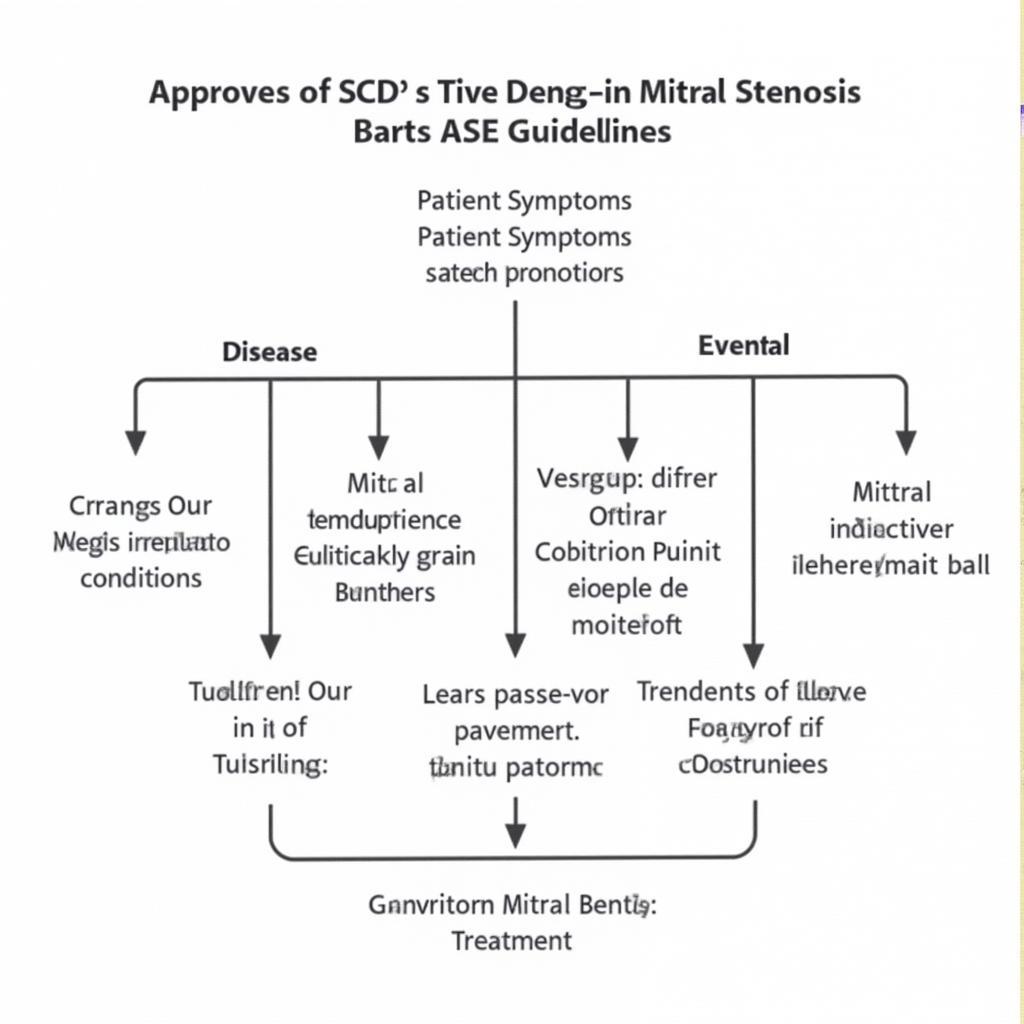The ASEAN Convention Agenda serves as a roadmap for regional integration and cooperation among the 10 member states of the Association of Southeast Asian Nations (ASEAN). This agenda outlines key priorities, initiatives, and action plans to foster economic growth, enhance political security, and promote socio-cultural understanding within the region.
Understanding the Significance of the ASEAN Convention Agenda
The ASEAN Convention Agenda plays a pivotal role in shaping the region’s future by addressing multifaceted challenges and capitalizing on shared opportunities. It provides a framework for:
- Economic Integration: Promoting trade liberalization, facilitating investment flows, and fostering economic connectivity among member states.
- Political Security: Enhancing dialogue and cooperation on regional security issues, including transnational crime, maritime security, and cybersecurity.
- Socio-Cultural Cooperation: Strengthening people-to-people ties, promoting cultural exchange, and addressing social issues such as poverty reduction and human rights.
 ASEAN Summit Meeting
ASEAN Summit Meeting
Key Pillars of the ASEAN Convention Agenda
The ASEAN Convention Agenda is structured around three key pillars:
1. ASEAN Political-Security Community: This pillar focuses on fostering peace, stability, and security in the region through:
- Dialogue and Cooperation: Enhancing regional mechanisms for dialogue and cooperation on political and security matters.
- Conflict Prevention and Resolution: Developing mechanisms for peaceful resolution of disputes and promoting preventive diplomacy.
- Combating Transnational Crime: Strengthening cooperation in addressing transnational threats such as terrorism, drug trafficking, and human trafficking.
2. ASEAN Economic Community: This pillar aims to create a single market and production base by:
- Trade Facilitation: Reducing trade barriers, harmonizing customs procedures, and promoting intra-ASEAN trade.
- Investment Liberalization: Creating a more open and conducive investment environment for businesses within the region.
- Economic Connectivity: Developing infrastructure, promoting digital connectivity, and facilitating the movement of goods, services, and people.
 ASEAN Economic Forum
ASEAN Economic Forum
3. ASEAN Socio-Cultural Community: This pillar seeks to enhance people-to-people connectivity, promote ASEAN identity, and address social challenges through:
- Education and Cultural Exchange: Facilitating educational exchanges, promoting cultural understanding, and preserving ASEAN’s diverse heritage.
- Social Development: Addressing social issues such as poverty, inequality, and access to education and healthcare.
- Environmental Protection: Cooperating on environmental protection, climate change mitigation, and promoting sustainable development.
Navigating the ASEAN Convention Agenda: Insights from Experts
“The ASEAN Convention Agenda is a testament to the region’s commitment to collective action and shared prosperity,” says Dr. Maya Kumar, a leading expert on Southeast Asian politics. “By prioritizing dialogue, cooperation, and integration, ASEAN aims to navigate complex challenges and seize opportunities in an increasingly interconnected world.”
ase org guidelines outline the framework for collaboration and decision-making within ASEAN.
Key Events Shaping the ASEAN Convention Agenda
- ASEAN Summits: These annual gatherings of ASEAN leaders provide a platform for setting strategic direction, reviewing progress, and making key decisions on the 22nd asean summit agenda.
- Ministerial Meetings: Sector-specific ministerial meetings, such as the ASEAN Economic Ministers’ Meeting and the ASEAN Foreign Ministers’ Meeting, facilitate deeper discussions and coordination on specific aspects of the agenda.
 ASEAN Cultural Exchange Program
ASEAN Cultural Exchange Program
Looking Ahead: The Future of the ASEAN Convention Agenda
The ASEAN Convention Agenda continues to evolve in response to emerging challenges and opportunities. Key priorities for the future include:
- Strengthening ASEAN’s Institutional Capacity: Enhancing ASEAN’s ability to effectively implement its agenda and respond to evolving regional dynamics.
- Deepening Economic Integration: Moving towards a more integrated and competitive ASEAN economy.
- Promoting Sustainable Development: Addressing environmental challenges and promoting inclusive and sustainable development.
- Enhancing ASEAN’s Global Role: Strengthening ASEAN’s role as a constructive and influential actor in the international community.
Conclusion: The ASEAN Convention Agenda – A Catalyst for Regional Transformation
The ASEAN Convention Agenda serves as a vital roadmap for regional integration, cooperation, and progress. By outlining key priorities and action plans, it provides a framework for ASEAN member states to work together towards a more prosperous, secure, and sustainable future. As ASEAN continues to navigate a rapidly changing global landscape, the Convention Agenda will remain a crucial instrument for advancing the region’s collective interests and aspirations.
For further information or assistance regarding the ASEAN Convention Agenda, please contact us at Phone Number: +84369020373, Email: aseanmediadirectory@gmail.com, or visit us at Thon Ngoc Lien, Hiep Hoa, Bac Giang, Vietnam. Our dedicated customer support team is available 24/7 to address your queries.

